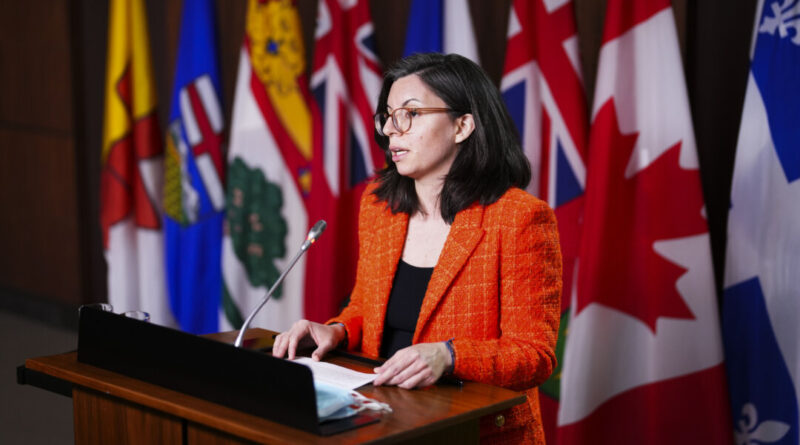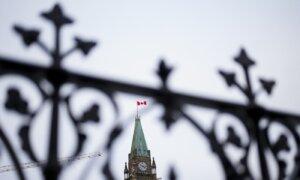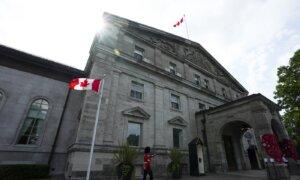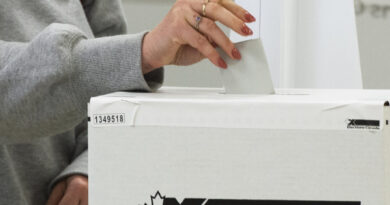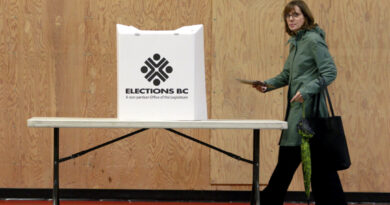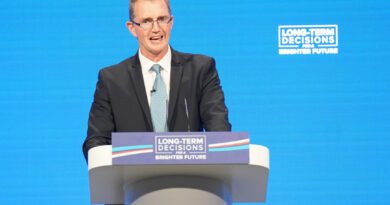House Committee Denies Request for Disclosure of Nazi Collaborator Blacklist
Liberal and Bloc Québécois MPs blocked a Commons committee motion asking the cabinet to disclose a secret blacklist of Nazi collaborators admitted to Canada after World War II.
“Many Jewish, Polish, and Ukrainian organizations have been clear: the names need to be released,” Ashton said.
In response to Ashton’s motion, Bloc MP Martin Champoux said that most of the individuals investigated by the Deschênes commission had been cleared of wrongdoing. He also noted that the majority of these individuals were likely deceased, with their descendants now integrated into Canadian society, which he said makes the release of the suspects’ names a particularly sensitive issue.
“I am not comfortable with proceeding further on this,” Liberal MP Brenda Shanahan said and introduced a separate motion to adjourn debate on Ashton’s motion, which passed with a 6–5 vote.
The confidential list of Nazi suspects in the Deschênes commission report is held by Library and Archives Canada (LAC), which is part of the Canadian Heritage portfolio. Ashton accused Heritage Minister Pascale St-Onge of withholding the list while the minister was testifying at the committee on an unrelated issue. St-Onge was not allotted time to respond as the motion was introduced near the end of the committee meeting.
Earlier this month, several organizations made Access to Information requests to the LAC, seeking the release of the list. LAC declined these requests. The decision to withhold the information “in its entirety” is due to the “risk of harm to international relations,” LAC told The Epoch Times on Nov. 15.
“There can be little doubt that war criminals could have and are likely to have come to Canada in significant numbers in the postwar years,” said the report titled “Nazi War Criminals in Canada: The Historical and Policy Setting From the 1940s to the Present.”
Concerns about former Nazi collaborators residing in Canada surfaced last year after a former member of the Waffen-SS was honoured during Ukrainian President Volodymyr Zelenskyy’s visit to Parliament in Ottawa on Sept. 22. The Waffen-SS was the combat branch of the Nazi paramilitary Schutzstaffel, which is accused of committing war crimes. During the event, then-House Speaker Anthony Rota called 98-year-old Yaroslav Hunka a “war hero” for fighting against the Russians during World War II.
